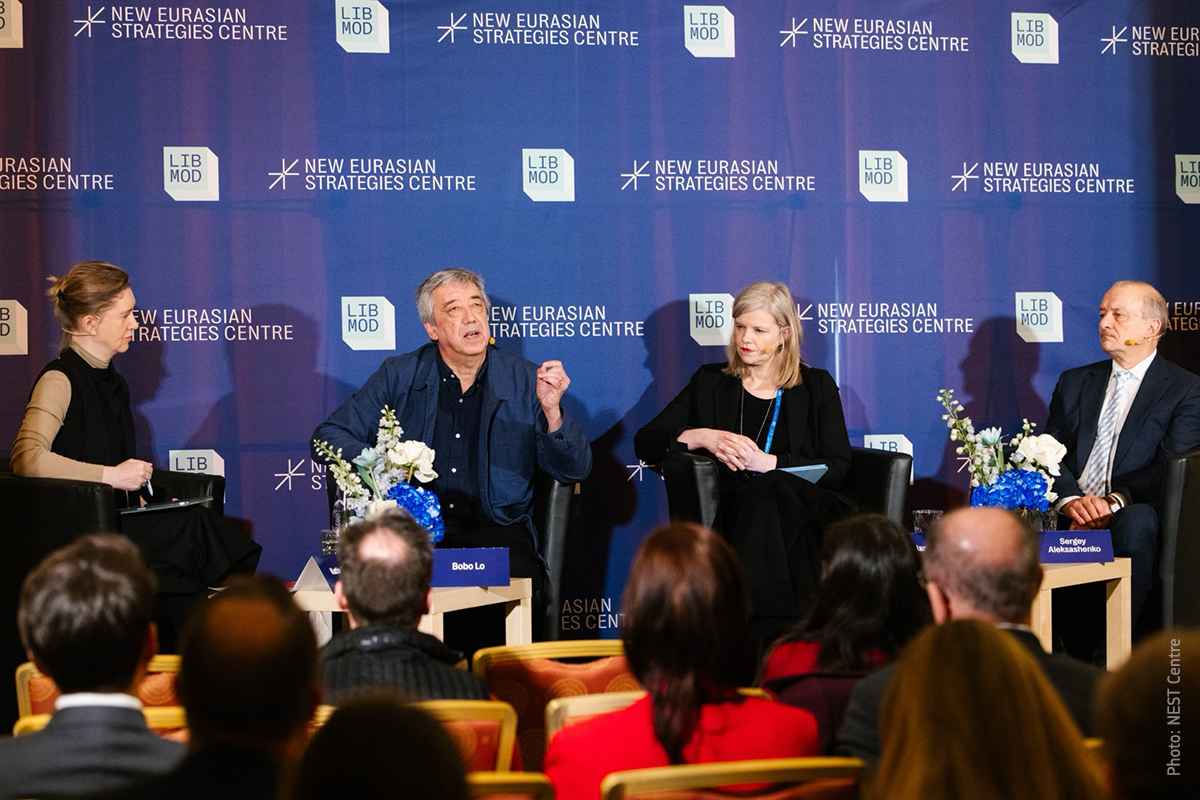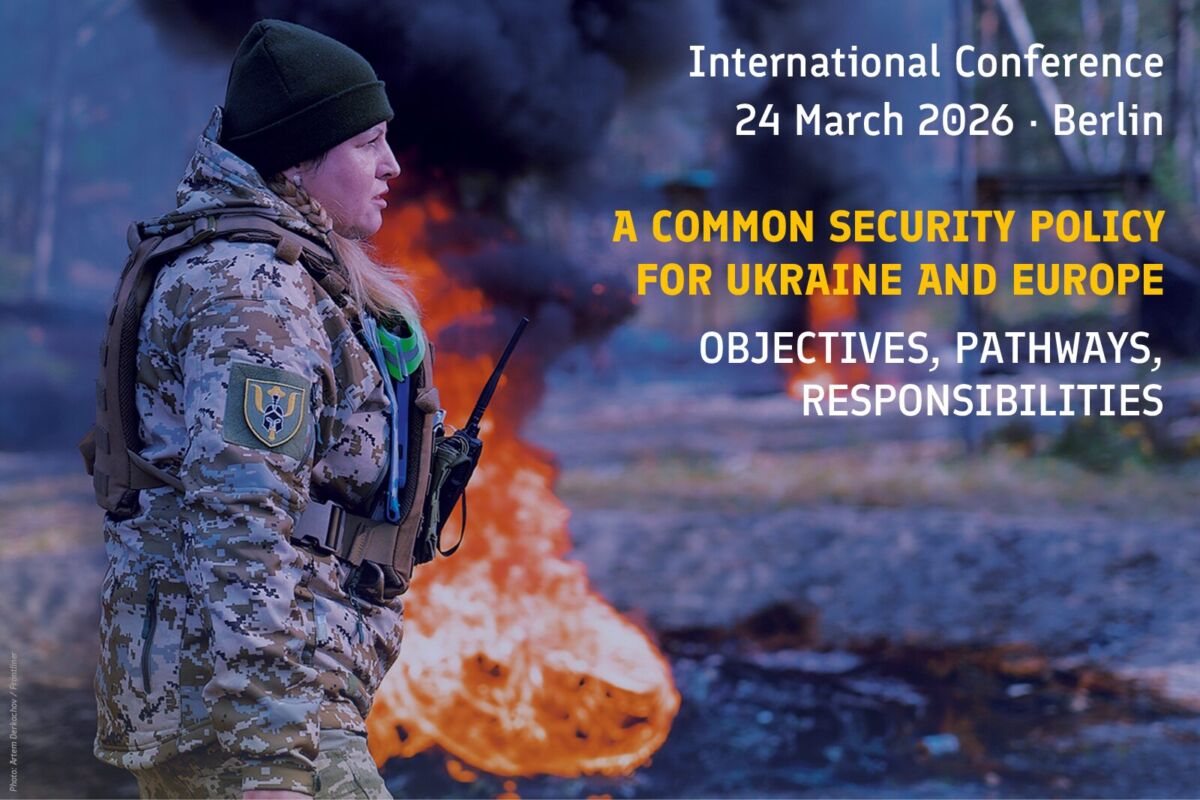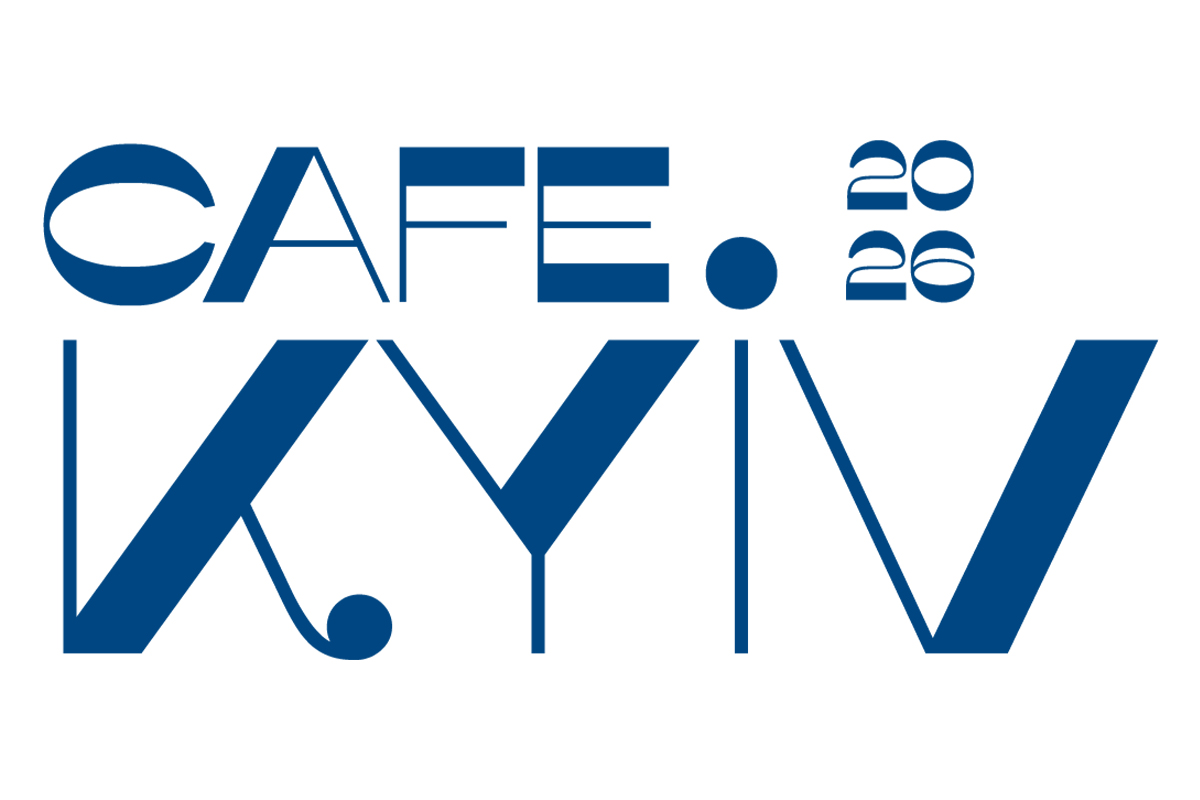NS2-Deal: Toad with Sugar Coating

The impact of the Biden-Merkel-Agreement on Nord Stream 2 in Ukraine is simply disastrous. Especially among western oriented, reform-minded people trust in Germany and the US fell at a record low. China is already filling the vacuum, offering big investments and trade deals, specifically in agriculture and tech. Germany and the US must reconfirm their support for the security, economic modernization and democratic transition of Ukraine and Central Eastern Europe at large. We document Ralf Fücks’ todays commentary for spiegel.de.
Now it is official: Germany and the USA have settled their dispute over the Nord Stream 2 gas pipeline. The Biden administration has given the green light to a highly controversial project that has strained German-American relations and opened up deep rifts within Europe. What the German government is celebrating as a diplomatic success is, however, a compromise to the detriment of Ukraine and the climate: The Nord Stream 2 toad is being coated with plenty of sugar. This does not make it any more palatable.
It starts with the fact that the Germans and the Americans have negotiated over the heads of Ukraine — at whose expense Nord Stream 2 is going. That is rotten style. The European allies of the USA and Germany are being confronted with a fait accompli — and Ukraine is being put of with non-binding declarations of intent and financial consolation plasters. The declaration contains many well-sounding proclamations and few concrete obligations on the part of Germany.
Nord Stream 2 was a geopolitical project of Vladimir Putin from the very beginning. It gives the Kremlin a free hand to increase political and military pressure on Ukraine without jeopardizing the gas deal with the EU. The current deal with Washington leaves this flank open.
Worse still, the German government rejected the American proposal to include a so-called “kill-switch clause” in the operating agreement for the pipeline. This would have made it possible to interrupt the gas supply runs if the Kremlin took aggressive steps against unruly neighbors. This fear is all too justified in view of Russia’s recent military maneuvers and Putin’s repressive policies — he recently wrote in an essay that the border between Russia and Ukraine had no historical or moral justification. The German government has thus removed the only provision from the Nord Stream 2 agreement that would have unambiguously linked the operation of the pipeline and the security of Ukraine.
Germany’s vague announcements
This borders on a free ticket for Putin. The joint statement by the United States and the German government contains vague announcements that Germany will “act at the national level and press for effective measures, including sanctions, in the European Union” in response to new aggressive measures by Russia.
It could hardly be more unbinding. One can imagine how impressed the hardliners in the Kremlin will be by this announcement. They know the score in Berlin. One only has to recall the disenchantment that Robert Habeck’s loud musings triggered, namely that Ukraine could not be denied military equipment for self-proliferation.
In a joint statement, the Ukrainian and Polish foreign ministers put their finger on the problem. They reaffirm their countries’ opposition to Nord Stream 2 as long as there is no answer to the security risks it entails. And they rightly point to Ukraine’s futile efforts to join the EU and NATO. Here, too, Germany has played and continues to play a key role. The bitterness of many Ukrainians that they are being left out in the cold by the West is all too understandable.
The German-Ukrainian agreement is full of vague pledges to Ukraine, but poor in concrete commitments: It states, for example, that Ukraine’s gas supply should be secured independently of Russia if necessary. In addition, a “Green Funds” for Ukraine is announced, which is to promote energy efficiency, renewable energies and the entry into the production of hydrogen.
The sums committed are unimpressive. The German government is to contribute $175 million to the “Green Funds”. Other donors and the private sector are expected to provide further investment of up to one billion dollars, but these are vague promises for the future. Even this sum would be far from sufficient for greening the Ukrainian energy system and its integration into a European hydrogen alliance. In any case, this is a prospect only for the distant future — unless we accept the production of “yellow hydrogen” based on electricity from Ukrainian nuclear power plants.
The Kremlin links future gas transit via Ukraine to Kiev’s “well-behavior”
The planned continuation of gas transit through Ukraine beyond 2024 is on shaky ground. The Kremlin has already announced that it will make future gas exports via Ukraine dependent on the well-behavior of Kiev. Economically, after the completion of NS2 there is no need for this. Nord Stream 2 and the newly constructed Turk Stream pipeline together have a capacity of 90 billion cubic meters per year. They can completely replace the current gas transit through Ukraine. And that is precisely their purpose.
Also from an environmental point of view, there is no need for additional gas pipelines. If the new, ambitious German and EU- climate goals are to be taken seriously, natural gas consumption must fall significantly before the end of this decade. Without the two to three billion dollars in revenues from gas transit, however, Ukraine will lack the means to modernize its extensive pipeline system and convert it for natural gas exports.
A triumph for Putin
If this pseudo-compromise goes through, it will be a triumph for Putin: Despite the continued intervention in eastern Ukraine, despite Russia’s threatening politics, despite his cronyism with Lukashenko, despite the massive repressions in Russia and the repeated criticism of the European Parliament, the Germans will go through with their bilateral project with Russia. Russia is more dependent on energy exports to Europe than vice versa. These exports finance the state budget and secure political influence. It is incomprehensible why Washington and Berlin are giving up the leverage to tie the commissioning of Nord Stream 2 to substantial concessions by Moscow.
It remains to be seen how Congress will react to this concession by President Biden. In political terms, Biden has received nothing in return: neither a more decisive German stance toward China nor a clear commitment to increase Germany’s contribution to NATO. With only a few weeks to go before the elections, this federal government would no longer have a political mandate to do so.
The question remains why Angela Merkel has put everything on the line to push this unseaworthy project through in the last few meters of her term of office — without any concession from the Kremlin. Her commitment to Nord Stream 2 overshadows her previous Ukraine policy. In the past, she has shown a clear willingness to stop the Kremlin with sanctions if necessary. She has stood up for persecuted opponents such as the feminist protest band Pussy Riot and helped save Alexei Navalny’s life after he was poisoned. But in the end, she did everything she could to help a project succeed that would strengthen Russia’s influence in Europe in the long term. That is not a good legacy.
![]()
Did you like thike this article? If yes, you can support the independent editorial work and journalism of LibMod via a simple donation tool.
We are recognized as a non-profit organization, accordingly donations are tax deductible. For a donation receipt (necessary for an amount over 200 EUR), please send your address data to finanzen@libmod.de
Related topics
Newsletter bestellen
Stay tuned with our regular newsletter about all our relevant subjects.





